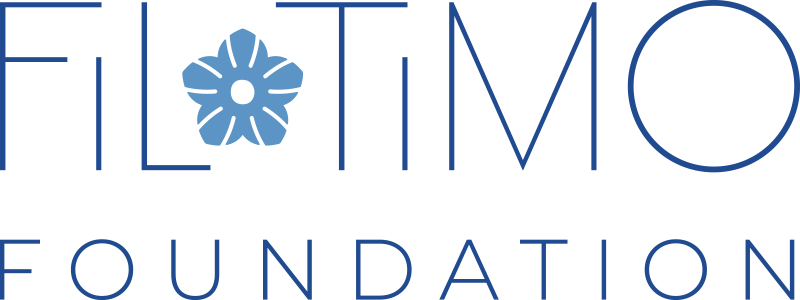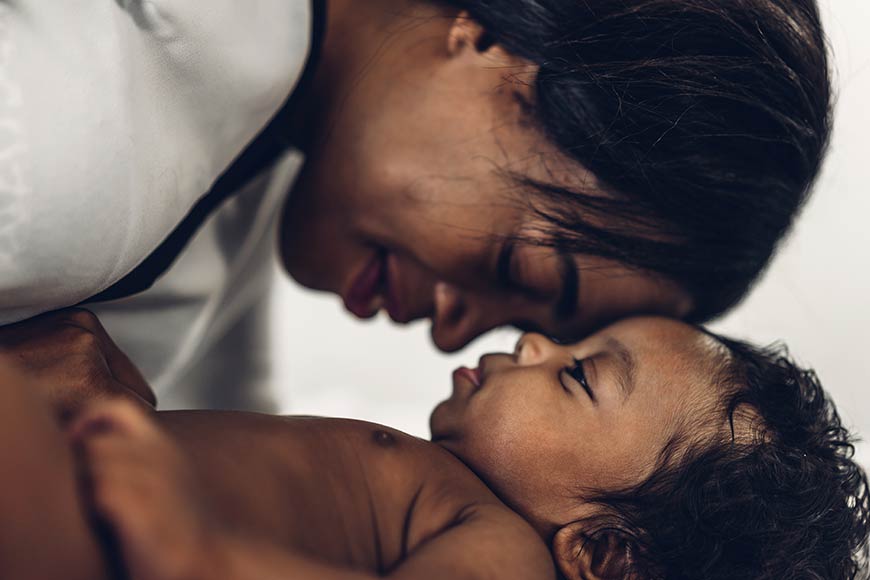Newborn Screening
Newborns in North Carolina – and all 50 states across the country – are screened for a variety of conditions at birth, including cystic fibrosis. The goal of newborn screening programs is to quickly identify conditions that can impact a child’s long-term health or survival so that treatment can begin right away.
How and Where are Babies Born in North Carolina Tested?
Before a baby leaves the hospital (within 24-48 hours of birth), a small blood sample is collected from its heel and sent to the State Public Health Laboratory in Raleigh for analysis. After parents get home from the hospital, they may be contacted by their baby’s healthcare provider to bring their baby in for repeat testing. If repeat testing is recommended, it’s important to follow up quickly, as some conditions can cause life-threatening problems for newborns in a short period of time.
What Conditions are Included in North Carolina’s Newborn Screening Program?
All infants born in North Carolina are screened at birth for a variety of conditions and metabolic disorders. These include but are not limited to:
- Congenital primary hypothyroidism
- Galactosemia
- Congenital adrenal hyperplasia (CAH)
- Sickle cell disease
- Biotinidase deficiency
- Cystic Fibrosis
- Severe Combined Immunodeficiency (SCID)
- Spinal Muscular Atrophy (SMA)
- Amino acid disorders (including phenylketonuria, PKU)
- Organic acid disorders
- Fatty acid oxidation disorders (including medium chain acyl-CoA dehydrogenase deficiency, MCADD)
- X-linked adrenoleukodystrophy (X-ALD)
- Mucopolysaccharidosis type 1 (MPS 1)
- Pompe
Where Can I Go to Learn More?
North Carolina’s Department of Health and Human Services has created a suite of resources for parents about the state’s newborn screening program, including an info sheet (also available in other languages) and a series of fact sheets about the various conditions and disorders for which newborns are screened. These resources are available here. If you have specific concerns about newborn screening test results, please contact your baby´s healthcare provider.




